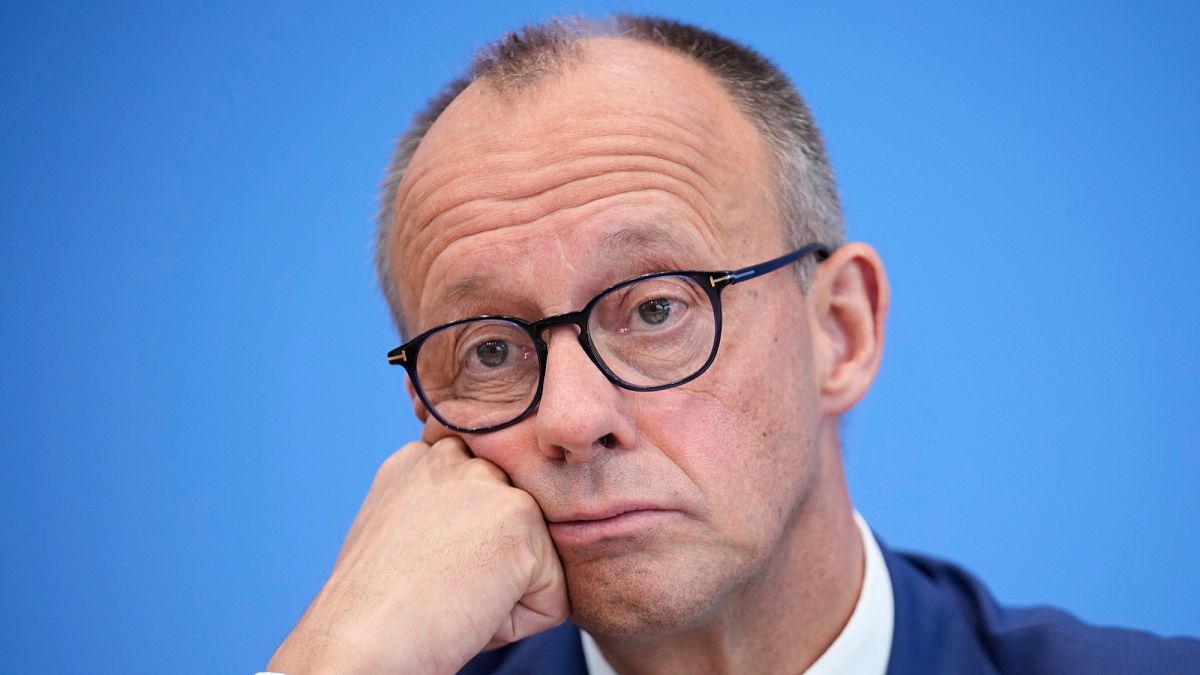

In the ever-evolving landscape of global politics and economics, this week has presented a series of intriguing developments across several key areas that may shape the future path of international relations and economic strategies. From critical moves on digital asset regulation to strategic energy shifts and significant geopolitical actions, let’s explore these changes calmly and comprehensively.
A significant step forward for the burgeoning cryptocurrency industry took place as the United States Congress passed its first major legislative package to regulate digital assets. This landmark decision aims to provide a structured framework to support the safe growth and adoption of cryptocurrencies within mainstream financial systems. Advocates of the legislation celebrate this as a pivotal moment in the digital currency realm, aligning with President Donald Trump’s vision of positioning the United States as the “crypto capital of the world.” Such regulatory clarity is anticipated to encourage wider acceptance and foster trust in digital currencies, stimulating innovations that may fuel economic growth.
On the European front, the German Chancellor Friedrich Merz has articulated his vision for Germany over the next few years, prioritizing the country’s emergence from recession. He coupled this domestic focus with sharp critiques aimed at the European Union, underscoring the necessity of robust national strategies during economically challenging times. As Germany braces for economic recovery, the Chancellor’s dedication to restoring economic stability comes at a crucial juncture, given Europe’s intertwined economic landscape.
Meanwhile, significant geopolitical tensions were underlined by the European Union’s decision to impose further sanctions on Russia. These new measures, focusing on Russia’s oil exports and banking sector, highlight the EU’s commitment to applying economic pressure as leverage in response to ongoing conflicts. This decisive action was made possible after Slovak Prime Minister Robert Fico lifted his veto, marking a united front in the EU’s foreign policy stance. The measures aim to hold Russia accountable while reflecting the broader geopolitical strategy aligned with allies seeking to counterbalance Russian influence.
Across the globe, shifting dynamics were also observed in energy markets, particularly with Asian countries navigating towards increased transactions for liquefied natural gas (LNG) from the United States. This trend emerges as a strategic response to tariff pressures introduced by the U.S., encouraging a pivot toward U.S.-sourced energy supplies. While this aligns with U.S. economic interests, questions arise regarding its impact on environmental commitments to clean energy transitions. This scenario underscores the balancing act nations must perform between immediate energy needs and long-term sustainable goals.
As these diverse developments unfold, they reflect the interconnected nature of global politics and economics. Each move has potential implications beyond its immediate context, nudging the international community toward future cooperation and adaptation. Observing these shifts with a mindful eye reveals how nations navigate complex landscapes to achieve strategic goals, fostering progress and stability in a rapidly changing world.
Source: {link}
